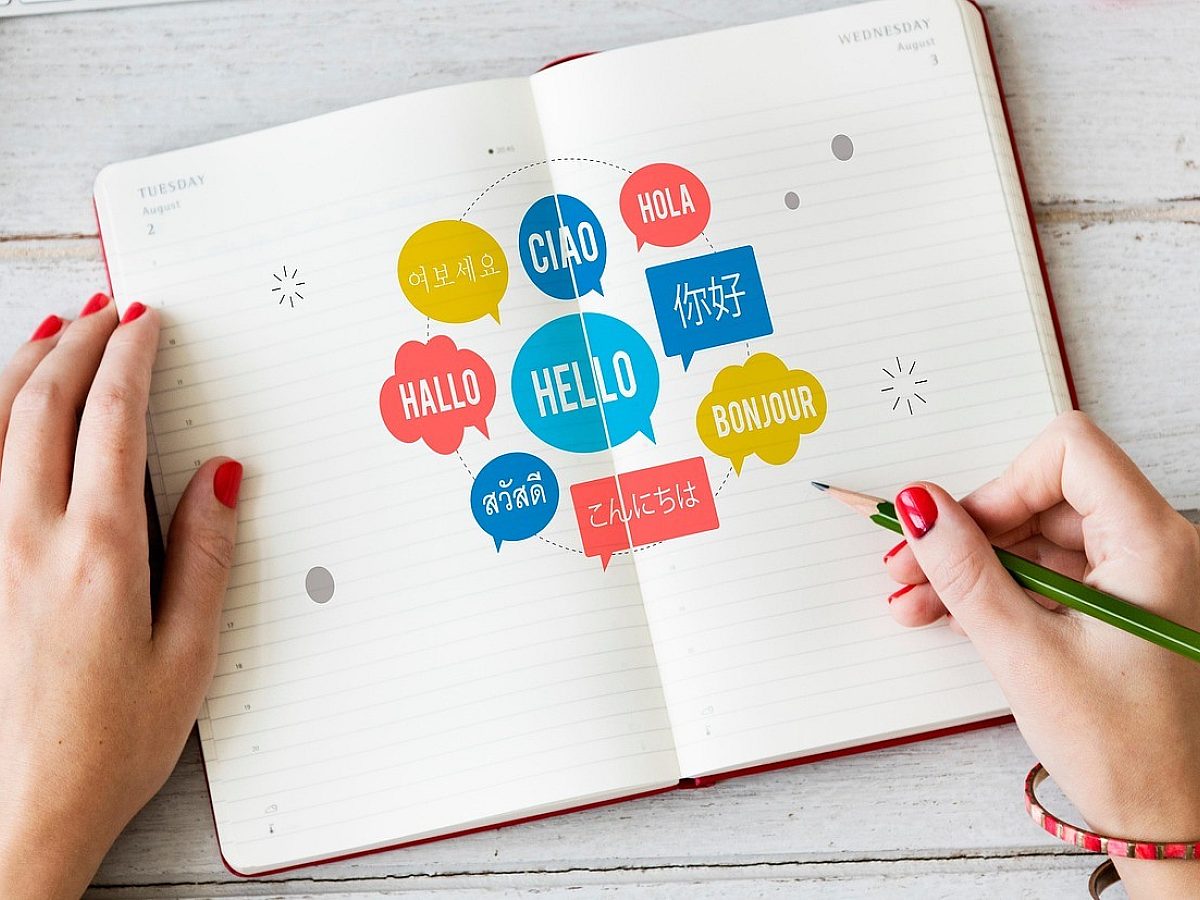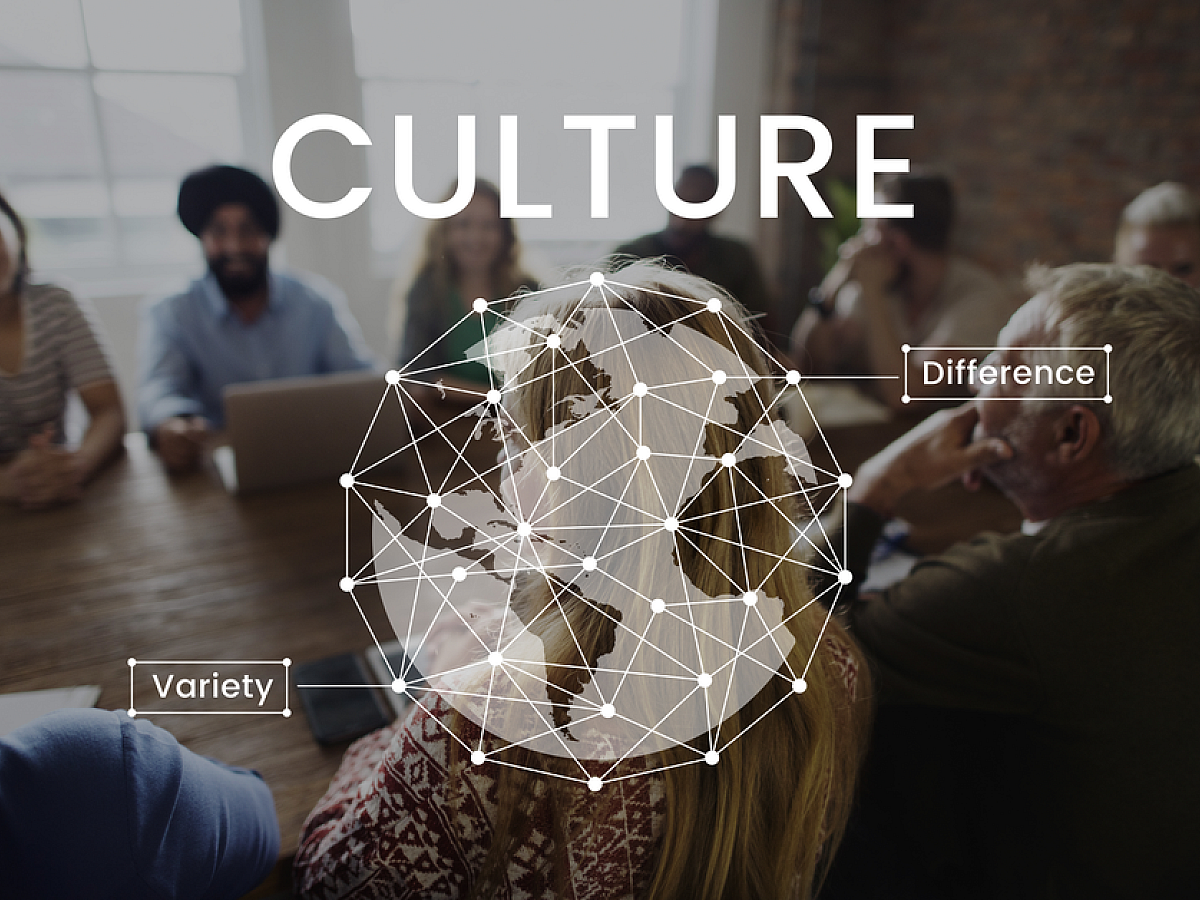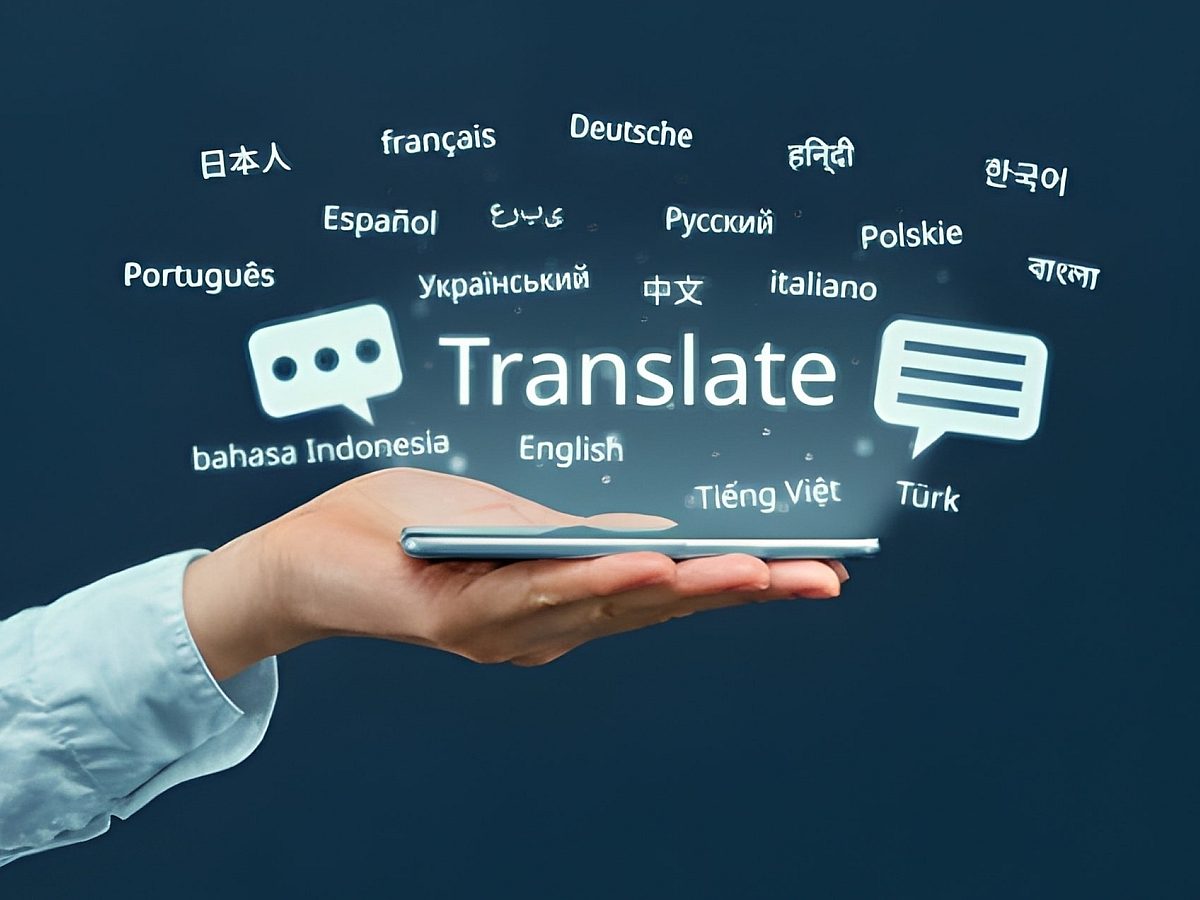In the life sciences industry, poor translation can lead to delayed product launches, failed regulatory submissions, or worse: harm to patients and damage to your brand.
Even minor linguistic issues can cause big problems.
One recent study found that up to 80 infant deaths in the UK between 2018 and 2022 might have been prevented if hospital staff had not relied on online translation tools to communicate complex medical instructions to patients.
Communication issues and errors were also recently cited as a major roadblock for recruitment and retention in clinical trials.
Poor life sciences localization puts patients and businesses at unnecessary risk.
At Wolfestone Group, we’ve specialized in life sciences localization for nearly 2 decades. Our experts have put together this guide to help you assess whether your localization partner is ready to handle the demands of life sciences translation.
Here are the top factors to look for in a life sciences localization partner.
1. Native-Tongue Linguists with Sector Expertise
This may seem obvious, but your localization provider must work with human linguists who are native speakers of the target language.
Organizations are often lured in with low rates only to discover that most translations are done with AI or other machine translation software.
Machine translation (MT) is not always bad. Generative AI translation tools are proving valuable for low-risk life-sciences translations.
However, many translations require human expertise, including:
- Clinical Trial Protocols
- Regulatory Submissions
- Patient Information Leaflets (PILs) and Instructions for Use (IFUs)
- Legal Contracts
- Pharmacovigilance Reports with Complex Data
- Medical Device Manuals
- Research Papers
- Ethics Committee Correspondence
- Standard Operating Procedures (SOPs)
But translation experience alone isn’t enough.
Your translators should also be subject matter experts with training or experience in medical, pharmaceutical or scientific fields.
If they haven’t worked in a related field, they should have at least 5 years of experience translating life sciences content.
This ensures they understand the terminology and contextual nuances specific to your product type and regulatory environment.
For example, a linguist translating informed consent forms for a vaccine trial must be able to communicate complex information in plain language without compromising accuracy or compliance.
2. Knowledge of Regulatory Compliance Standards
Any language partner you consider must have an in-depth understanding of regulations in your target regions.
Look for regulatory frameworks like FDA and EMA guidance, internationally recognized ISO certifications, and controlled vocabularies such as MedDRA.
Here’s what you should ask:
- Are their translators trained in region-specific regulatory language?
- Do they use standardized glossaries like EDQM, MedDRA, or SNOMED CT?
- Have they supported successful submissions to agencies like the FDA, EMA, or PMDA?
Even minor translation inconsistencies can lead to rejections or recalls. The best providers maintain strict review processes that align with the latest international standards and medical device directives.
3. ISO-Certified Quality Management Systems and Data Security
Quality assurance isn’t something you get from AI tools or freelance translators. And it’s critical in life sciences.
ISO standards demonstrate that the agency follows verified processes to manage projects, protect patient data, ensure traceability and deliver consistent results.
Ask your provider if they hold certifications such as:
- ISO 17100: For translation service providers
- ISO 27001: For information security
- ISO 9001: For quality management systems in general
Data security is of particular importance when working with patient data. Handing over confidential patient information to translators can risk violations of data protection laws, including GDPR and HIPAA.
ISO-certified life sciences translation agencies like Wolfestone Group understand this and protect sensitive patient data from end to end.
4. Linguistic Validation Services
Linguistic validation is a multi-step quality assurance process that includes forward translation, reconciliation, back translation, cognitive debriefing and documentation for submission.
It ensures that all patients, regardless of their native language or education level, understand materials in the same way, preserving the integrity of the data.
Regulatory bodies like the FDA, EMA and ISPOR require linguistic validation when dealing with patient-facing materials. These include patient-reported outcome measures (PROMs) and clinical outcome assessments (COAs).
Ask your provider:
- Do they offer full, in-house linguistic validation services (outsourcing can result in data security issues)?
- Can they manage cognitive interviews and reconciliation reports?
- Are their processes designed with regulatory submission in mind?
Wolfestone Group provides linguistic validation in more than 100 languages, with specialized teams for PROMs and other COAs.
5. Scalable Language Technology
Life sciences translations must be completed promptly to keep budgets within limits and patients informed. This requires a blend of scalable technology and human oversight.
Your life sciences partner should use industry-standard tech like:
- Translation memory (TM) to increase consistency and reduce turnaround times
- Machine Translation (MT) for high-volume, low-risk content
- Terminology databases/glossaries to maintain approved vocabulary across documents
- Translation management systems (TMS) to centralize projects and secure data
Technology matters, but only when it’s used correctly. There should always be a life-sciences translator overseeing tech-assisted translations. And, software should be regularly managed and updated with the latest terminology and security patches.
Here’s what to look for:
- GDPR-compliant, secure platforms
- Centralized terminology management
- TM and MT integrated with expert review
- Compatibility with your business’s content management systems
6. Comprehensive Language Services
Translating and localizing life sciences documents is just one aspect of effective communication and compliance. Most businesses also require additional linguistic services, especially related to accessibility.
These include:
- Voiceover or subtitling
- Medical interpreting
- ESL interpreting
- Closed captions or audio descriptions
On the business end, companies need translators who understand how to boost visibility and engage customers in new markets. This requires:
- Multilingual SEO for digital health platforms
- Transcreation for brand messaging
- Multilingual content creation
- Website translation
A life sciences-ready partner offers a wide range of services under one roof, reducing the risk of misalignment and improving time to market.
Tip: Ask for a Test Piece Before Signing a Contract
One of the best ways to evaluate a language partner is to request a test translation. Don’t trust agencies based on a consultation alone. Ask them to demonstrate their process and output.
Any reputable life sciences language services provider will be more than happy to provide a sample.
Choose a short but representative document, such as an IFU, protocol synopsis, or packaging insert. Then, assess the result for accuracy, terminology, formatting and clarity.
At Wolfestone Group, we encourage potential clients to test us. It’s the simplest way to show you the quality of our work and the strength of our process. Request a test piece now.
Choosing the Right Partner Saves Time, Money and Lives
Research is clear that poor communication in the life sciences industry doesn’t just put your bottom line at risk. It costs lives.
This is why it’s so important to partner with a language services provider who understands the demands of your field.
Remember, life sciences translations have specific regulatory and security requirements not found in other industries. Specialized localization is absolutely necessary.
Wolfestone Group has specialized in translating and localizing life sciences content for nearly two decades. We work with life sciences organizations at every stage—from R&D to commercialization. We bring together the right people, processes and technologies to get it right the first time.
Our in-house and global network offers comprehensive linguistic services across 220+ language pairs. We can meet nearly any language need and scale alongside your growth.
We believe that Wolfestone Group is the right partner for your organization. But don’t take our word for it. Contact us today to request a test piece or book a consultation with one of our life sciences experts.




